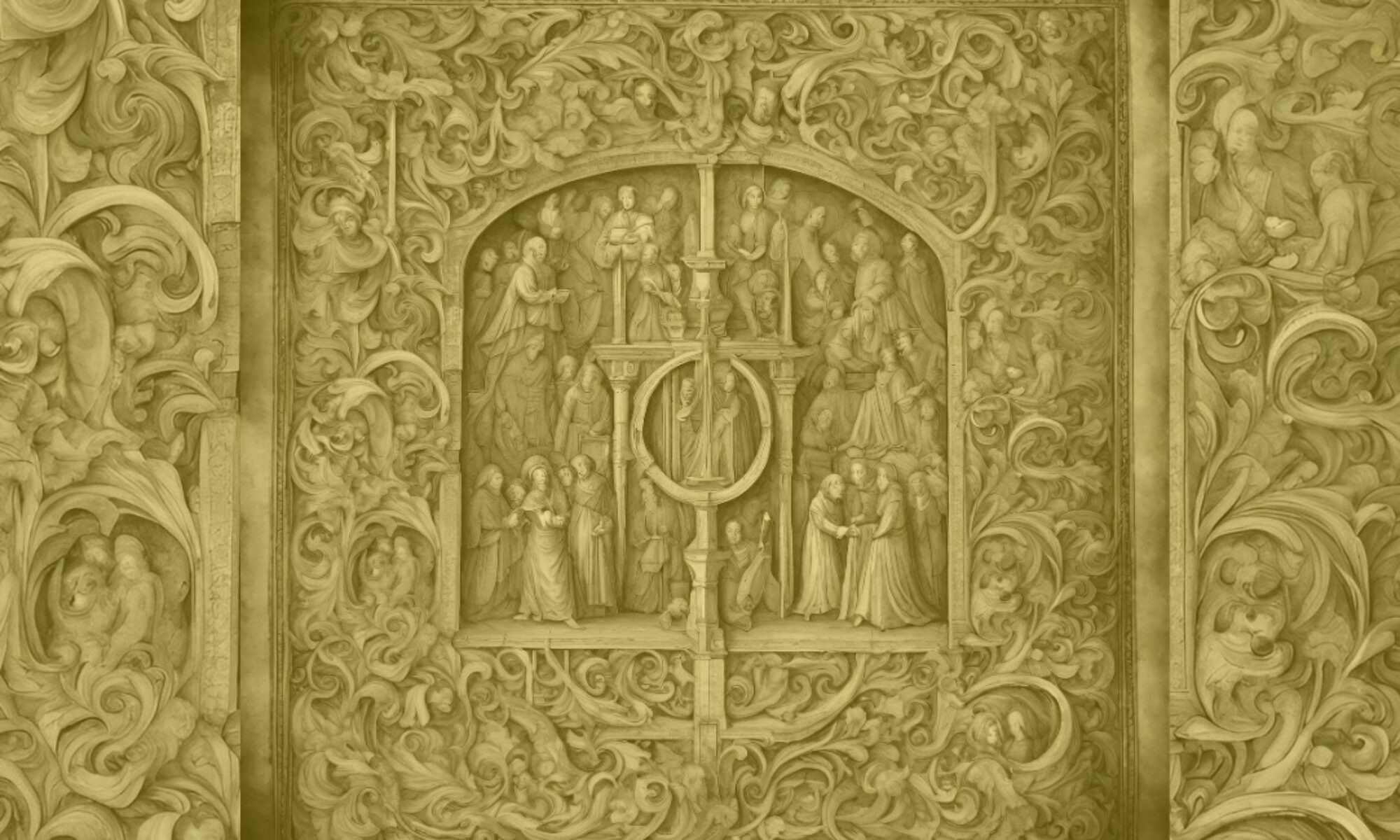Mary’s talk is called “Myth and Mother Earth: Exploring the Landscape of the Psyche Through the Eyes of Gaia”

Mother Earth and humans’ relationship to her have been revered and widely recognized throughout time and across cultures. However, she and our relationship with her gradually became shrouded by reductionistic thinking, patriarchal ideologies, and narrow mechanistic mindsets. C. G. Jung esteemed the natural world and was deeply convinced of the psyche–nature kinship and its essentiality to individuation, yet he withheld asserting his sentiments because he could not prove them empirically.
In an era when the planet and her people are imperiled, this presentation calls attention to the archetypal nature of the unconscious and its implicit interconnectedness with the natural world. Considering this relationship through the lens of depth psychology and feminist theory, the presentation also illuminates the reciprocal relationship between psyche and nature, and the critical need to cultivate it, and considers how the ill-treatment of the earth and women are connected. Consequently, it helps deepen our psychological and ecological sensibility, expands the idea of individuation, highlights our biased social structures, and elucidates how the treatment of the feminine is tied to the exploitation of the planet.
About Mary
Mary Murphy is a depth psychologist and life coach in Northeastern, MA, where she maintains a private practice focused on women’s issues that begins with building a relationship with the Self. Mary holds both a Ph.D. and an M.A. in Depth Psychology with emphasis in Jungian and Archetypal Studies from Pacifica Graduate Institute and an M.B.A from Northeastern University. She can be reached at mary@hercoach.com or via her website at www.hercoach.com.



